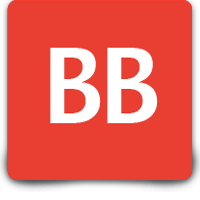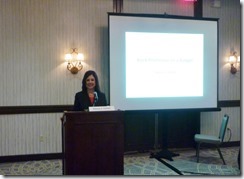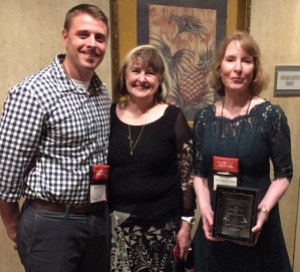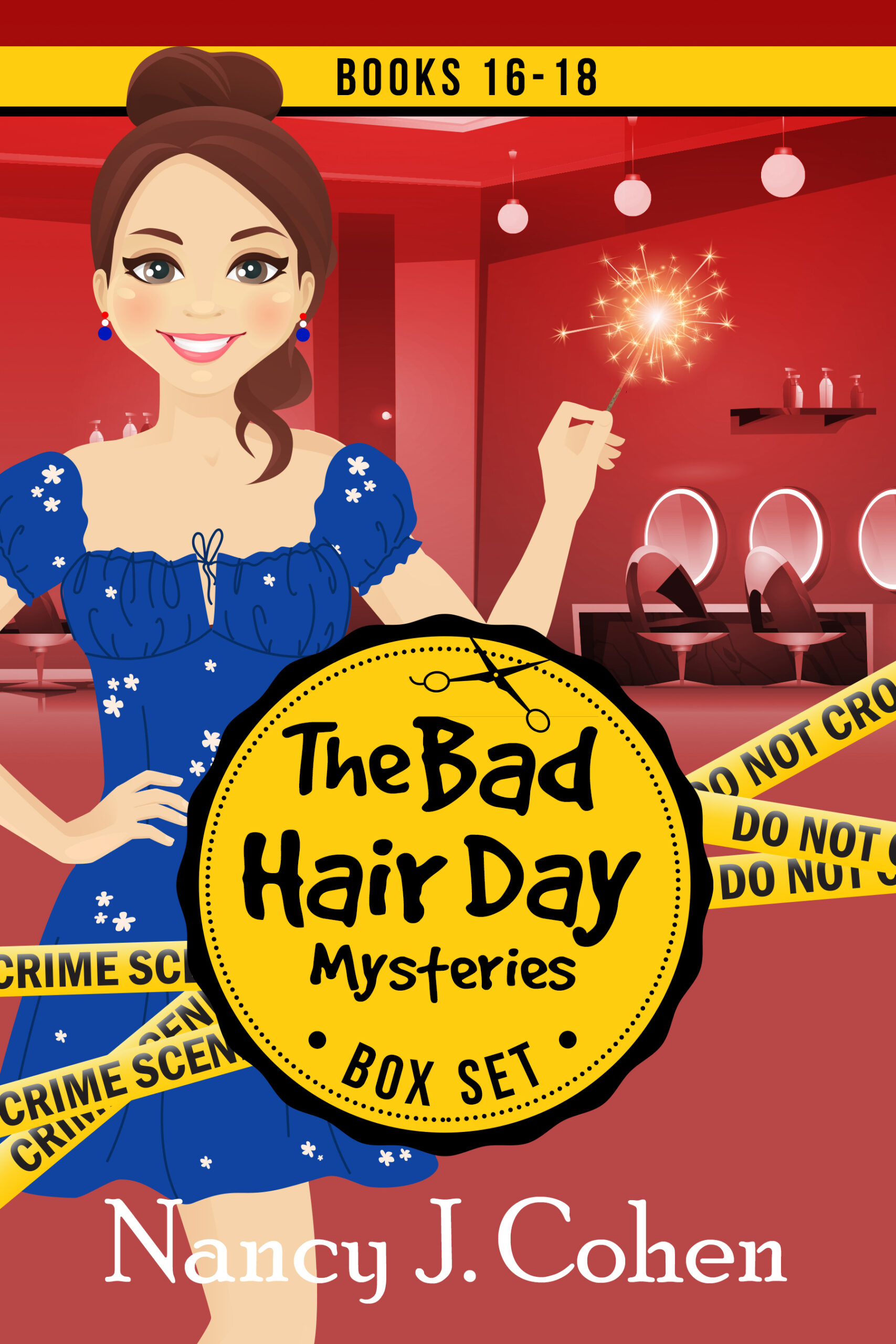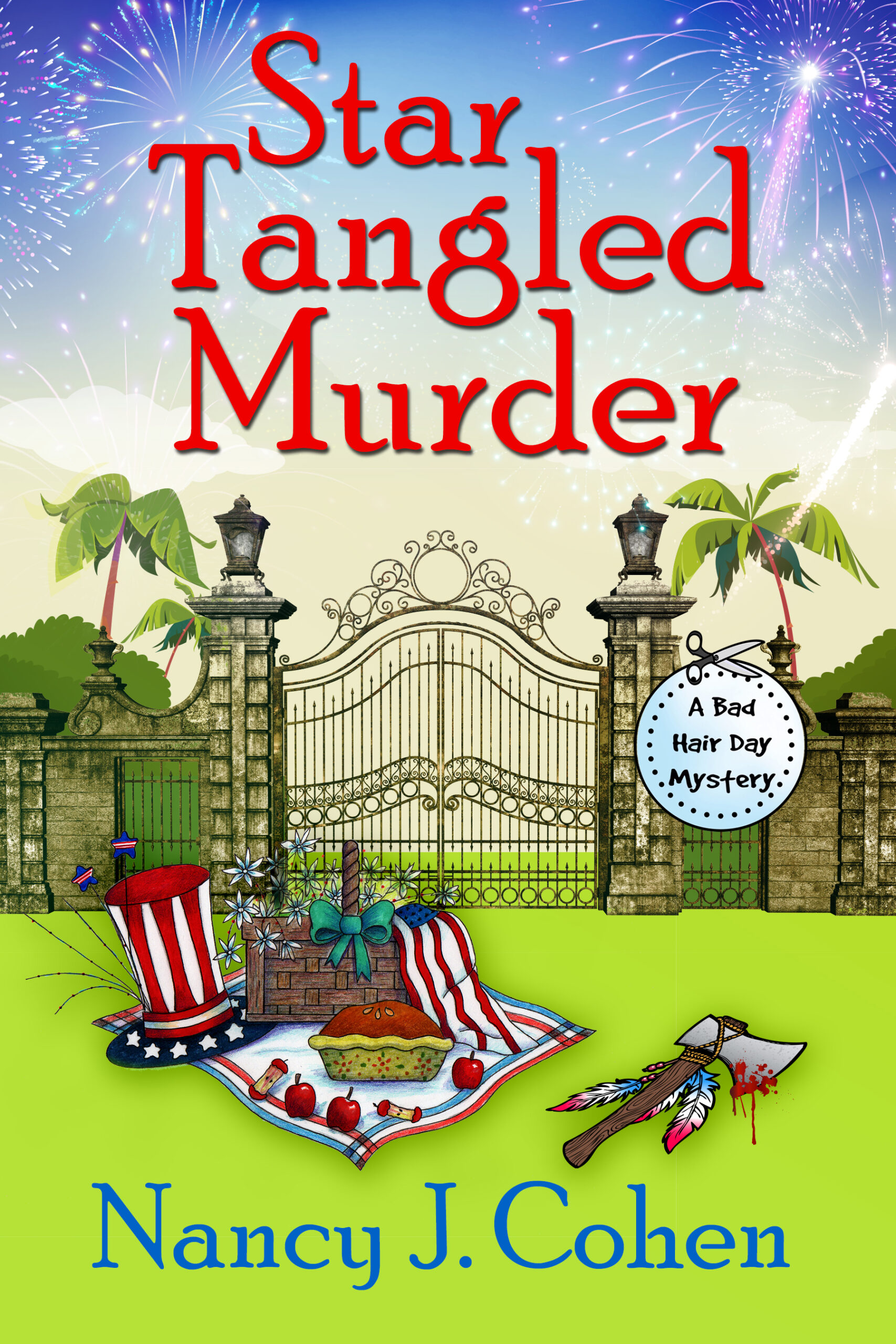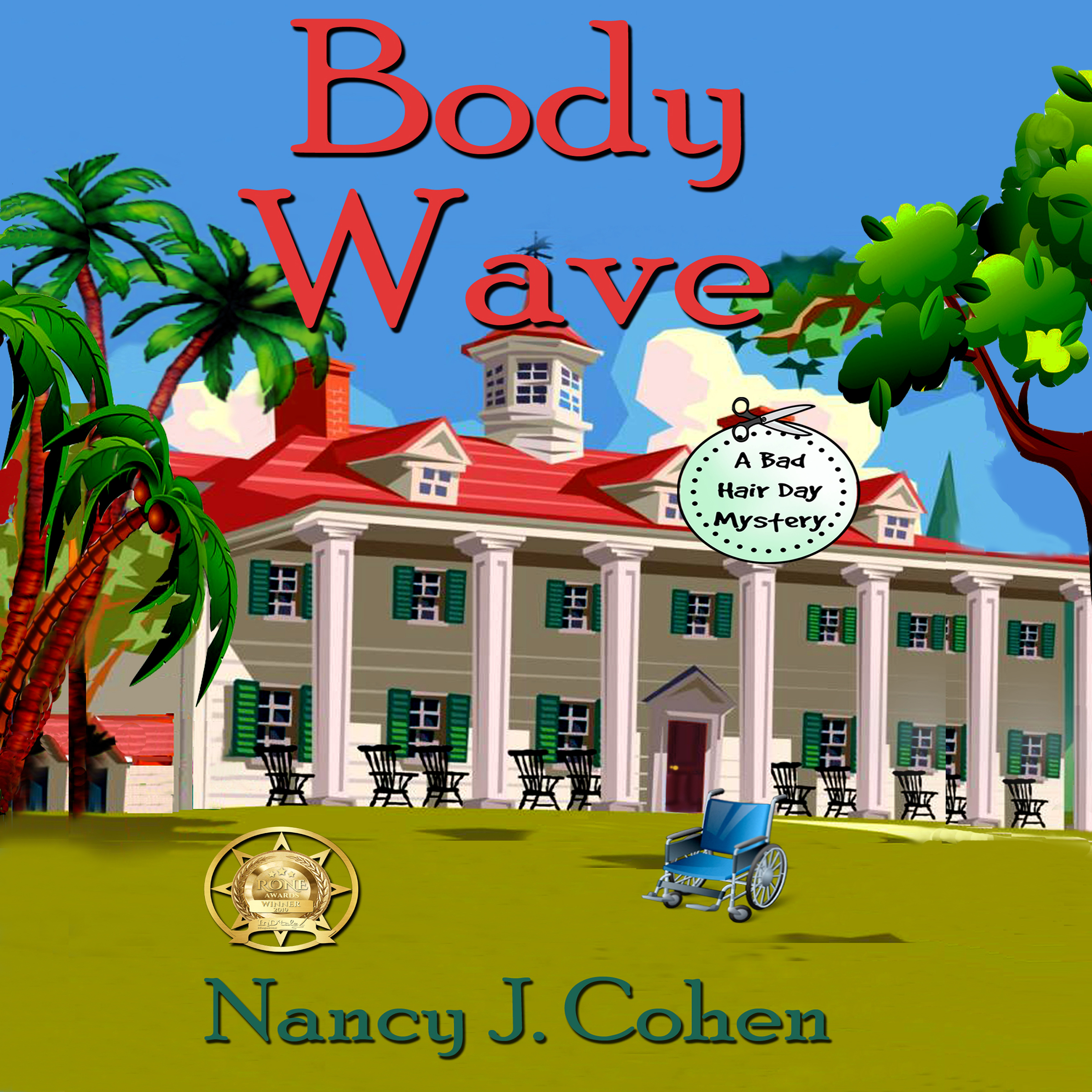Michael Hauge’s Six Stage Plot Structure, Part 2 – The Inner Journey
The second part of Michael Hauge’s talk on Six Stage Plot Structure at the Florida Romance Writers Cruise Conference deals with inner conflict. If you missed Part One, read it Here. For the sake of expediency, I use the term “heroine” but these principles apply to the hero as well.

Disclaimer: Any mistakes in this summary are due to my misinterpretations.
The writer wants to elicit emotion in the reader. You can convey emotion and show us what’s going on without the need for dialogue or internal reflection. i.e. A lonely guy is staring at the empty furniture in his house. We get a sense of loss.
Character, desire, and conflict are the key components to storytelling. “Stories are participatory. We become the hero or heroine in the story.” We want to create a movie in the reader’s mind.
Modulate the tone and pace of the story to heighten emotional response. Here Mr. Hauge showed us clips from the movie “UP” as an example.
Key Components of the Inner Journey
Longing or Need
This is a desire that is expressed but the protagonist does nothing about it. It’s a hole in the character’s soul. A longing is expressed while a need is not acknowledged. This need is usually for a connection with another person.
Wound
A painful experience from the past is still driving the protagonist’s behavior. Most typically take place in adolescence. In “Up,” the older man’s wife Ellie dies. His wound is that he never gave her the adventure he’d promised.
Belief
We formulate a belief to explain what caused the wound, and to prevent it from happening again. In “Up,” the guy believes he failed by not keeping his promise. In a romance, it might be the heroine’s belief that if she loves again, her heart might be broken like before, and she might not survive this time. Or, an abused child believes he deserved punishment. The belief is never true but it is always logical.
Fear
We harbor the Fear that the painful experience will happen again. The Belief is very specific as to what may cause it to reoccur. For the abused child, the fear might be of letting anyone see who he truly is. An abandoned child might believe that anyone he gets close to will disappear. In “Up,” the man’s fear is that if he lets go of Ellie, he’ll lose all connection to her (i.e. he’ll lose her again).
Identity
The Identity is the false self we present to the outer world that allows us to feel safe. It protects us from the fear that grows out of the belief that was created by the long-ago wound. In “Up,” the main character has turned into a curmudgeon who lives in an empty house with Ellie’s things still there. If he sells the house or lets anyone inside, he might lose his memory of her. He must protect his memory of her at all cost. Our identities keep us feeling safe. It’s our emotional armor. But it makes us believe this is who we really are.
Essence
The Essence is a person’s true potential if they let go of the Identity. We see who this person really is underneath their façade.
The heroine of a story must leave her identity behind and live fully in her essence. This is the only way to achieve the outer motivation or visible goal.
Identity versus Essence is the Inner Conflict. The heroine’s inner journey or character arc takes her from living fully in the Identity to living fully in the Essence.
Looking at the Six Stage Plot Structure, in Stage One which is the Set Up, the heroine is living in her Identity. She believes the wound is in the past and over. Then an Opportunity arises that moves her to a New Situation. In the New Situation, the heroine is still in her Identity but she gets a glimpse of what living in the Essence would be like. She sets a goal.
To achieve this goal, she must live in the Essence. In the film “Up,” the main character realizes his wife Ellie viewed their marriage as an adventure. He throws out their furniture, which has served as his emotional armor, and he moves on to a new adventure. He goes into his Essence and achieves his goal.
The inner journey involves moving from Identity to Essence. This exposes the Fear, and so the protagonist retreats to her Identity before finally embracing the Essence. The Aftermath shows the reward where the heroine has found the courage to move beyond her Fear and live her truth.
This character arc should be a universal truth, while the outer plot is specific to the story. i.e. To live fully, we have to be willing to let go of the past and move forward.
This transformation should be gradual and not an epiphany. During the third stage, the character makes Progress. She vacillates between her Identity and her Essence. She feels vulnerable at getting a glimpse of her Essence and retreats back into her Identity.
In a romance, the biggest weakness is when there’s no solid reason why these two people should be together except the author wants it. Attraction at first sight is okay, but physical chemistry only takes you so far. This does not make for an enduring relationship. Why are these two people in love? They fall in love because they are each other’s destiny. The hero is the only one who sees beneath the heroine’s Identity and appreciates her true Essence. And vice versa. They connect at the level of the Essence. When there’s a love triangle, the guy she’s going to leave represents her Identity. The guy who is her destiny represents her Essence.
Conflict takes place at the level of Identity. Connection is at the level of Essence.
At the Change of Plans, the characters may not recognize their goal of pursuing each other but the reader does. You can put them into a competition or force them to work together. At the half-way mark, they can acknowledge their goal but still resist it.
Complications (Stage Four) ensue as the outside world intrudes. The heroine might feel safe but unfulfilled in her Identity. She can have it all, but she has to get past her Fear. She may think, “I’ll do whatever it takes to achieve my goal. Just don’t ask me to [blank] because that’s not me.” You know it’s the right thing if [blank] scares her.
At the Major Setback, both characters retreat to their Identities to feel safe. In a romance, this is the Big Black Moment.
The heroine’s reflection character (best friend, sidekick, etc.) says, “What are you doing? This isn’t you. Go after him.” The reflection reminds the character of who she truly is.
The hero and heroine make the Final Push (Stage Five) to achieve their goals and win each other’s love. They return fully to their Essence. The Aftermath (Stage Six) shows their transformed existence.
For more information on Mr. Hauge’s one-on-one coaching, visit StoryMastery.com
CLICK TO TWEET
GIVEAWAY
Booklovers Bench, March 1 – 18
Enter Here to win a $25 Amazon/BN gift card from Booklover’s Bench

Save
Save












